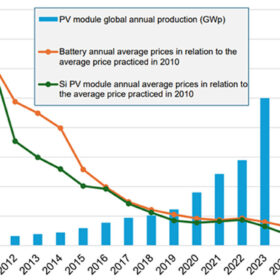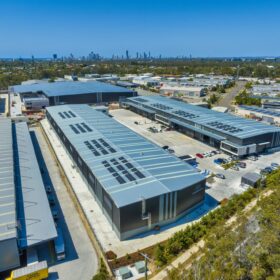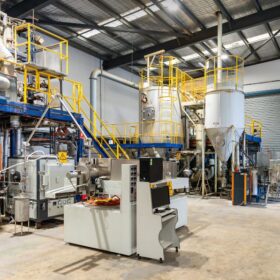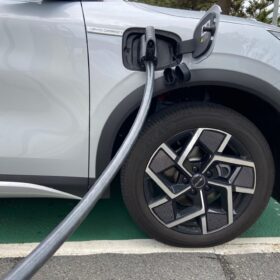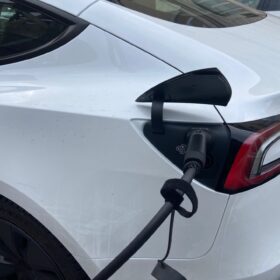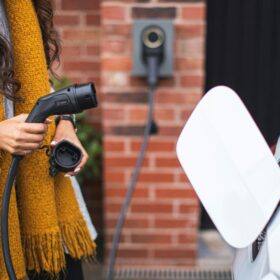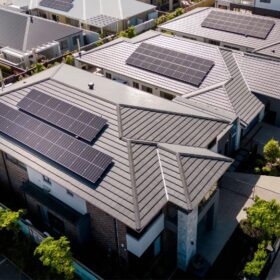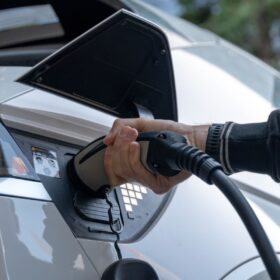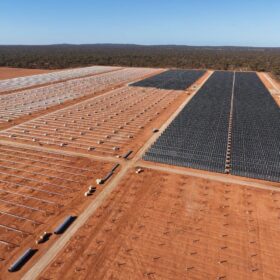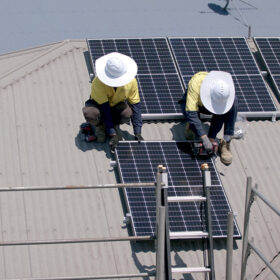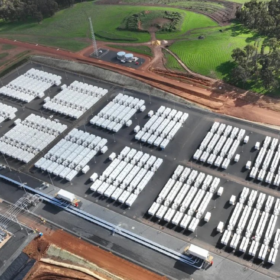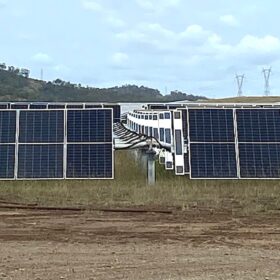Kite Magnetics nets $3.6 million to scale up production of EV tech
Victorian startup Kite Magnetics has secured a $3.6 million investment from one of the world’s biggest producers of battery-grade lithium chemicals to scale up production of a patented nanocrystalline magnetic material designed to improve the performance of electric motors and generators.
Falling Li-ion battery prices mirror solar photovoltaics trends: Is there a role for second-life batteries before recycling?
Lithium-ion batteries are everywhere, powering everything from consumer electronics to electric vehicles, residential PV storage systems, and, more recently, mitigating curtailment in large-scale wind and solar power plants. EVs are driving large-scale demand for Li-ion batteries which will result in substantial volumes of spent batteries in the near future.
Australia Post backs rooftop solar to support services
Australia Post is expanding its commitment to renewable energy with a combined 300 kW of rooftop solar to be installed across six new parcel processing facilities being developed throughout regional New South Wales.
Livium subsidiary broadens recycling agreement with EV major
Livium’s battery recycling subsidiary Envirostream Australia has signed a new agreement with the Australian arm of Chinese manufacturing conglomerate BYD that broadens the scope of previously agreed services to include the recycling of commercial vehicle batteries and energy storage systems.
Drivers hedge bets with charger drama holding EV uptake back
Range anxiety has long been seen as the main obstacle stopping drivers from going electric. But range isn’t the real issue. The average range of a new electric vehicle is more than 450 km, and top models offer more than 700 km per charge. By contrast, the average car is driven about 33 km per day in Australia as of 2020.
Data sharing vital to maximising benefits of EV batteries
Around the world, more and more electric vehicles are hitting the road. Last year, more than 17 million battery-electric and hybrid vehicles were sold. Early forecasts suggest this year’s figure might reach 20 million. Nearly 20% of all cars sold today are electric.
Albanese government announces $1.2 billion plan to purchase critical minerals
A re-elected Albanese government will take the unprecedented step of buying or obtaining options over key critical minerals to protect Australia’s national interest and boost its economic resilience.
V2G success no easy feat without consumer buy-in
The Australian government’s move to introduce new standards for vehicle-to-grid charging enables the nation’s electric vehicle owners to tap into the technology to charge their car batteries when they want and discharge back into their house or the grid when it suits their schedule.
Energy bill relief better served by behind-the-meter solutions education
Energy retailers are called upon to educate housholds about the benefits of behind-the-meter energy solutions after the Federal Budget’s short-term energy bill relief falls short of savings already delivered to households through rooftop solar, electric vehicles (EVs), and automated orchestration.
Jet Charge tipping EV uptake to accelerate
Electric vehicle sales in Australia are expected to accelerate rapidly in the next five years with modelling from charging infrastructure company Jet Charge showing that by 2030, 50% of all new cars sold will be electric.

